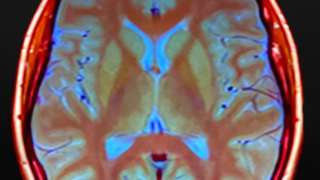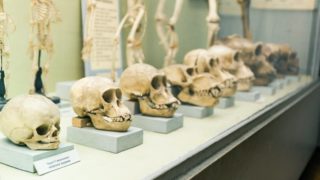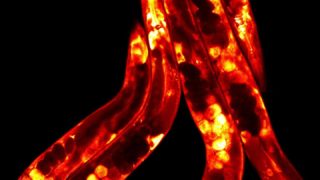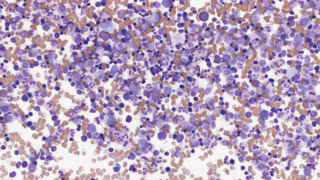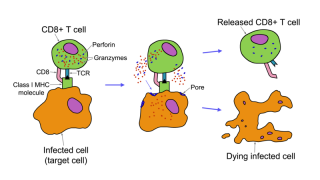
Bilingualism and cognitive reserve: unlocking the benefits of multilingualism
Bilingualism, or the ability to speak two or more languages, has become increasingly important in today’s globalized world. Not only does it facilitate communication and cultural understanding between people of different languages and backgrounds, but it has also been shown to have cognitive benefits that can help promote healthy aging. Research has shown that bilingualism […]


